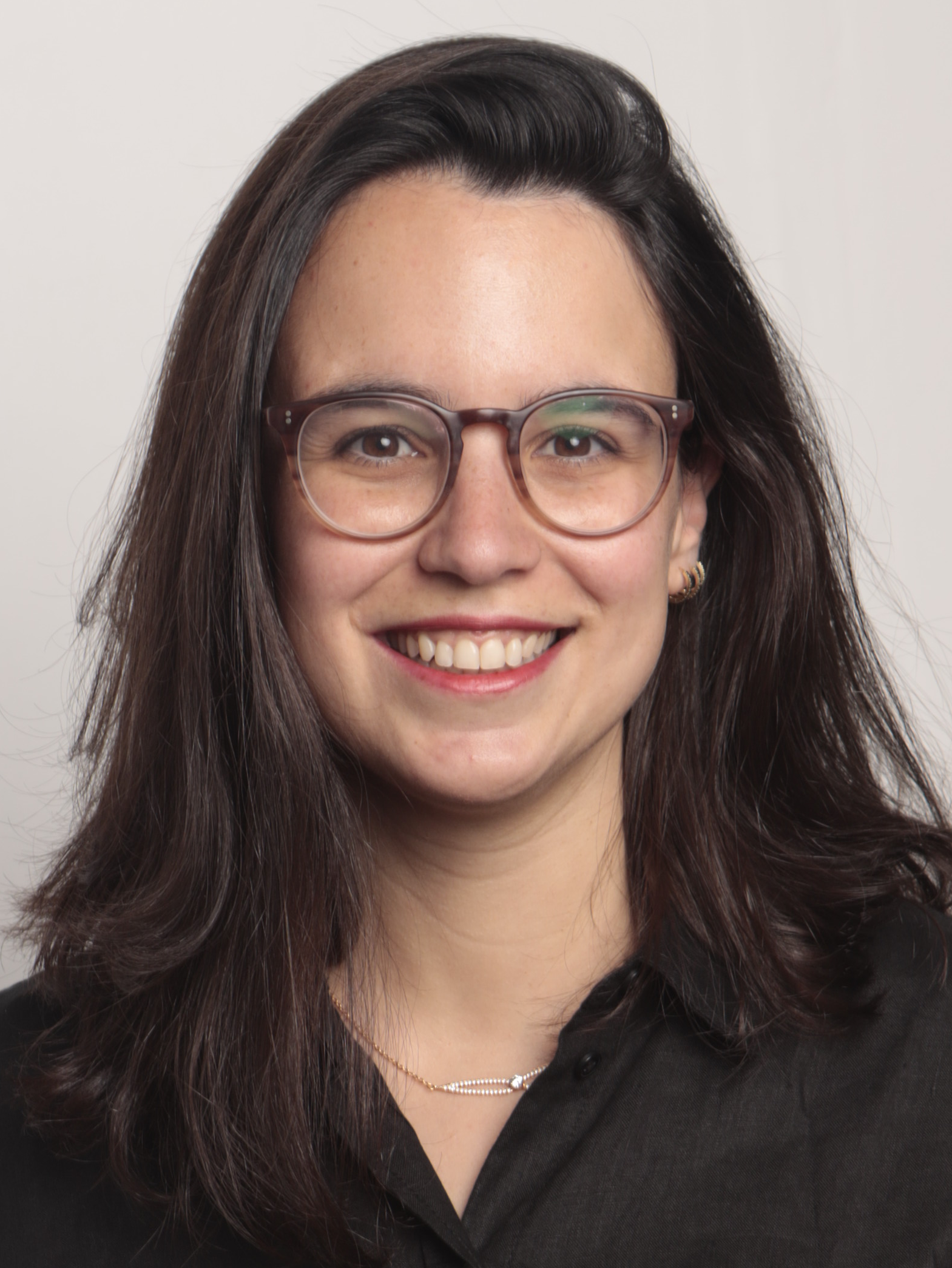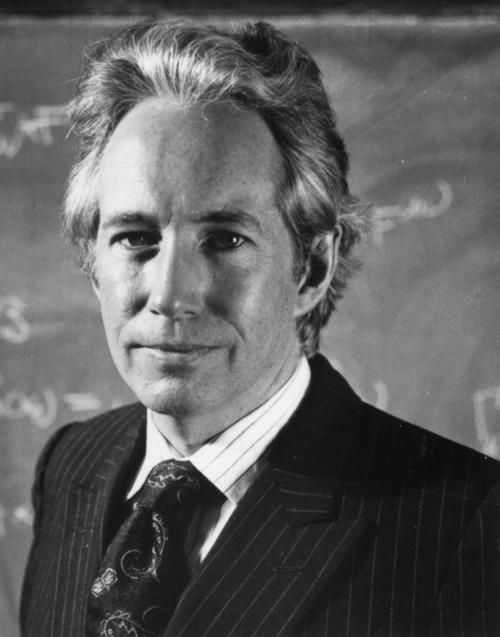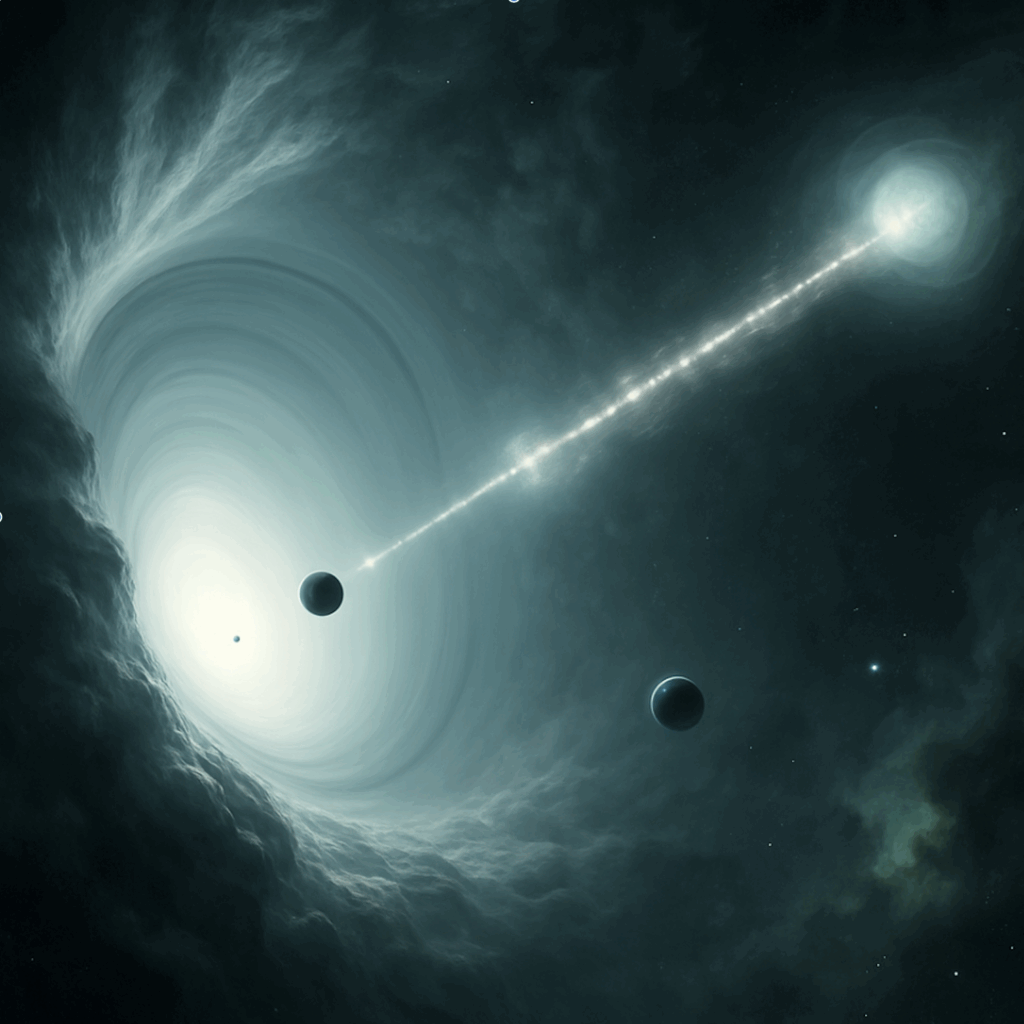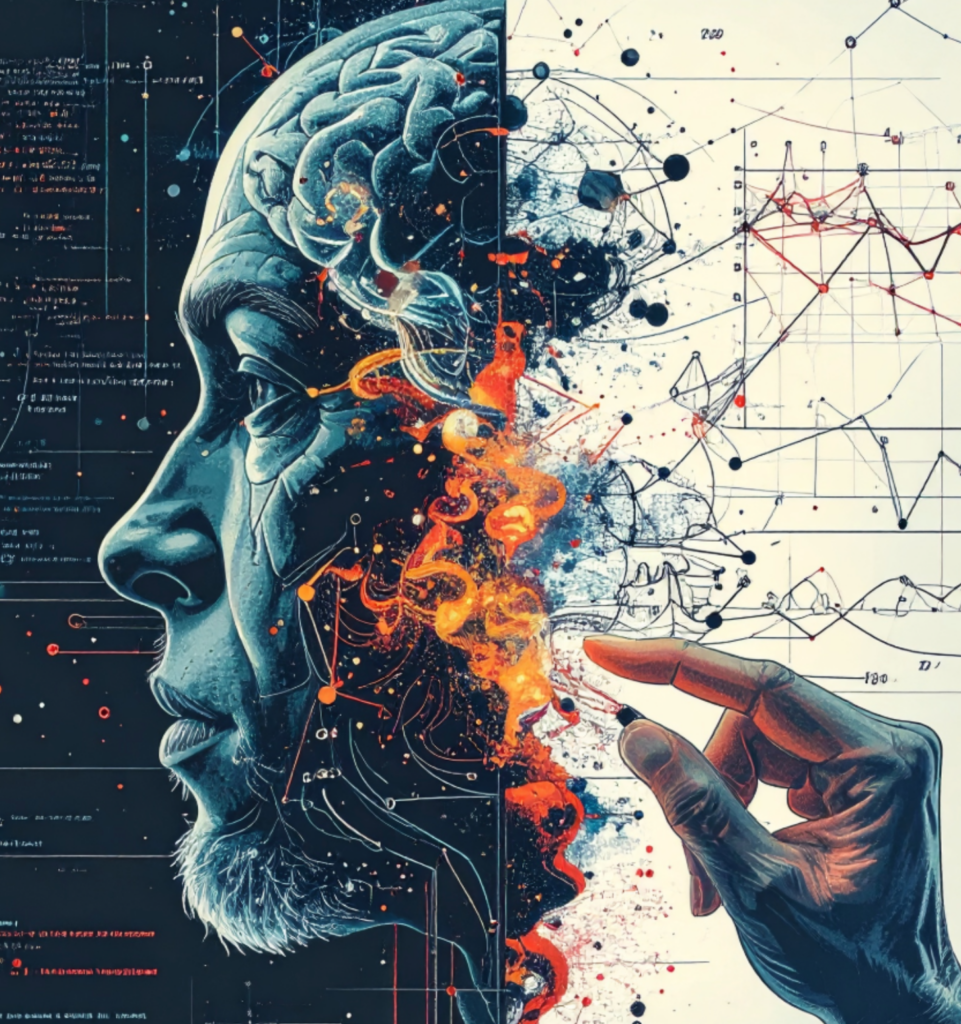

Public Lecture
The Geometry of Matter
Raquel Queiroz
Columbia University
Wed, Jul 3, 5:30–6:30pm
Scientists like to organize phenomena in schemes with simple rules but ample predicting power. The periodic table is one of the most successful examples of this: just by labeling the different possible orbitals of a hydrogen atom, we can predict with great accuracy the existence and properties of most elements and alloys. But in any good classification scheme, outliers become apparent and hint at a necessary refinement of physical laws. What is missing in the periodic table is that matter is not formed by one but by billions of billions of atoms together, and electrons in orbits around each atom can be fundamentally altered by their surroundings, altering their weight and spin, among other properties. In this talk, I will describe how we now understand that electrons behave as if they live in a curved space, where most physical properties are dictated by the geometry itself.
In her talk, Raquel will introduce the new notion of quantum geometry in quantum materials and its crucial role in determining properties and phases of matter. She will discuss how quantum geometry is essential to protect emergent phases where interactions between electrons are strong and electrons behave in remarkable ways, such as those where electrons pair up and condense into a macroscopic quantum state or phases where electrons are broken into independent fractions with new quantum statistics.

About Raquel Queiroz
Raquel Queiroz is an Assistant Professor of Physics at Columbia University and a Visiting Scholar at the Center for Computation Quantum Physics, Flatiron Institute in New York City. She received her PhD from the Max Planck Institute for Solid State Physics in Stuttgart, Germany, in 2015 and was a postdoctoral fellow at the Weizmann Institute of Science in Israel from 2016 until 2021. In 2022, she established her group at Columbia University, where she studied topological and geometric properties of solids, primarily how quantum geometry affects electronic response, collective phenomena, and behavior in the presence of disorder. Her work is deeply motivated by current experimental findings and a constant dialogue with experimental colleagues.
Heinz R. Pagels Public Lecture Series
Heinz R Pagels was a professor of physics at Rockefeller University, president of the New York Academy of Science, a trustee of the Aspen Institute, and a member of the Aspen Center for Physics for twenty years, serving as a participant, officer, and trustee. He was also President of the International League for Human Rights. His work on chaos theory inspired the character of Ian Malcolm in the Jurassic Park book and movies. A part-time local resident, Professor Pagels died here in a mountaineering accident in 1988. His family and friends instituted the lecture series in his honor because he devoted a substantial part of his life to effective public dissemination of scientific knowledge.



